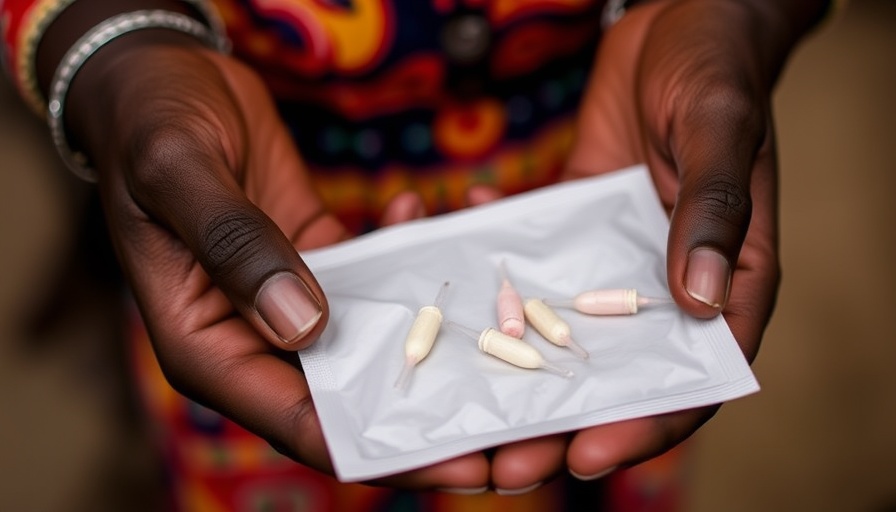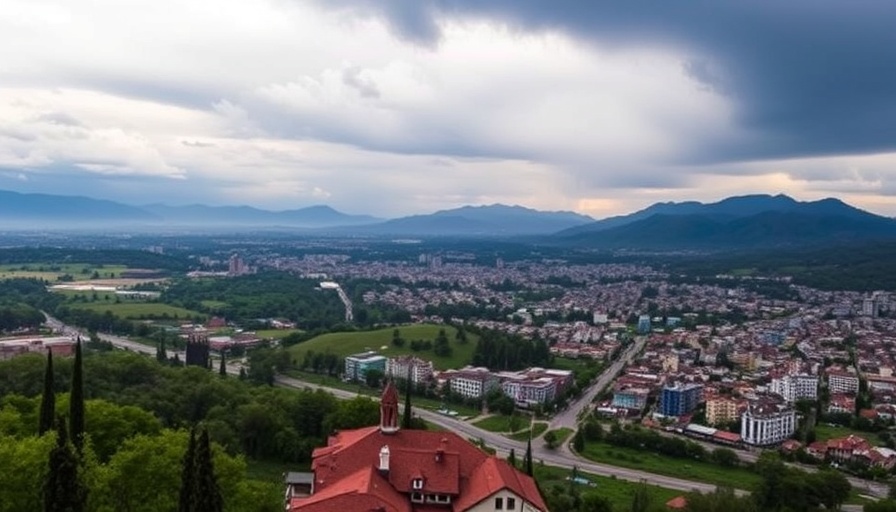
Unveiling the Complex Web of Drug Trafficking in Africa
The recent extradition of Ugandan Hellen Ikareut is a stark reminder of Africa's ongoing challenges with drug trafficking. Extradited from Kampala to Nairobi, Ikareut has been accused of attempting to smuggle narcotics into the region, highlighting not just the intricate networks involved but also the serious legal repercussions for those caught in the act.
Contextualizing the Extradition Case
The case of Hellen Ikareut began when Kenyan authorities intercepted a suspicious parcel at Jomo Kenyatta International Airport in May 2023. This parcel, allegedly linked to Ikareut, was destined for Bahrain and contained suspicious drug-like substances concealed within shower curtains. The incident raises important questions about the controls in place at airports across Africa and the effectiveness of current anti-trafficking laws.
The Global Implications
The extradition of Ikareut to Kenya, followed by her detention approval for further investigations, illustrates the broader implications of drug trafficking beyond borders. This points to the need for stronger international cooperation to combat trafficking, as outlined in various global treaties and conventions aimed at curbing drug-related crimes. As Africa continues to grapple with its role in the global drug trade, the responsibilities of countries in enforcing laws and facilitating judicial proceedings will be under scrutiny.
Political Dynamics and Law Enforcement Collaboration
Uganda and Kenya’s collaboration through extradition signifies an essential step in curtailing drug trafficking. However, Ikareut's claims of systemic judicial shortcomings in Kenya raise significant issues regarding human rights and the fairness of extradition policies. The balance between rigorous law enforcement and the preservation of civil liberties remains precarious, revealing a complex landscape of governance in many African nations.
Future Trajectories of Drug Policy in East Africa
As investigations into Ikareut's case continue, there is an opportunity for policymakers to reconsider drug policy enforcement in East Africa. Recommendations from this incident may suggest an increased focus on addressing root causes of trafficking, incorporating health-oriented approaches alongside traditional law enforcement. Countries in the region should consider not only harsher penalties for traffickers but also support systems for rehabilitation, to manage the growing problem of addiction.
As developments unfold in Ikareut’s case, stakeholders—from policymakers to law enforcement agencies—must prioritize creating robust frameworks that address the interconnected issues of governance, public health, and international cooperation in tackling drug trafficking. The world is watching, and Africa's position as a critical player on the global stage depends on its responses to such pressing issues.
In light of these unfolding events, it's crucial for business leaders, investors, and policymakers to engage in dialogues regarding governance and trade policies in Africa. How nations handle such cases will undoubtedly impact economic conditions and international relations across the continent.
 Add Row
Add Row  Add
Add 


Write A Comment